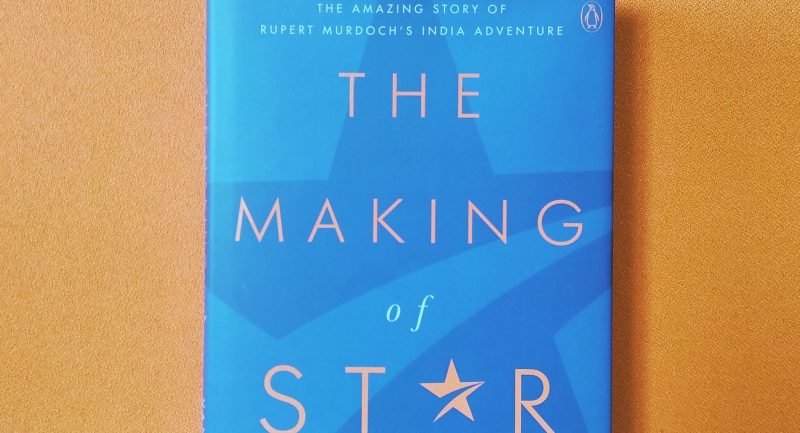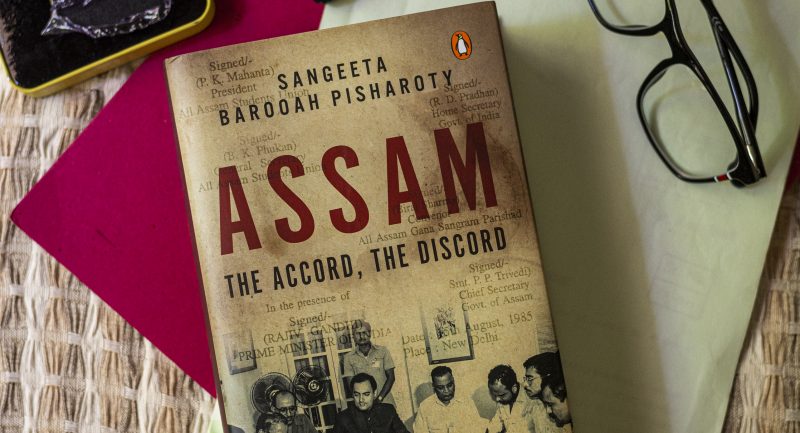
In God we trust, the rest we monitor . . .
As a country’s stature and reach grow, so do its intelligence needs. This is especially true for one like India that has ambitions of being a global player even as it remains embattled in its own neighbourhood. The Unending Game by Vikram Sood tackles these questions while providing a national and international perspective on gathering external intelligence, its relevance in securing and advancing national interests, and why intelligence is the first playground in the game of nations.
In the book, he provides a panoramic view of the rarely understood profession of spying to serve a country’s strategic and security interests.
Here is an excerpt on How Spies Work
All in a Night’s Work
The night had to be dark and moonless, so dark that one could not see one’s hand, literally. The time at which the agent would be slipped in had to be synchronized to when the border guards would be away for an hour. This timing was crucial, to enable the agent and his escort to get past no man’s land. The agent would say his prayers and hear whispered good luck messages with last-minute instructions. Then the men would slip away into the darkness. The hushed footsteps would soon fall silent as they headed for the nearest road or railhead to await daybreak. The agent would then be handed over to yet another man who would lead him to his destination.
Infiltrating an agent into a target country meant sleepless nights for the agent’s handler, from the time he was slipped across, to the time he sent a ‘safe arrival’ signal. In those times—even two decades ago—this signal could take days, weeks or even months. This was at a time when one did not have iris recorders and fingerprinted identity cards, so creating a new identity document was easier. In the pre- Internet days when cellphones had not even been thought of, the handler just had to wait patiently to hear from his agent. Sometimes
the mission was to contact a resident source who had been silent for
a while or simply to try and find out what had happened to him.
One always worried about those who went silent from day one. Treachery, a last-minute bout of cold feet, or the wrong use of domestic code—any of these could cause disasters. Communication in domestic code would come via a third country. Secrecy in those days lay in communicating in specially prepared inks with the hope that the opposition would not discover it.
On other occasions, an agent would be equipped with a cumbersome camera of the kind available in the 1970s and be tasked to do a panorama of a strategic road, from point A to B, complete with culverts and bridges. A month later, the man would return, to be debriefed metre by metre of the road by his handler. After which the report would find its way to the headquarters, where it would be smartened up and sent to the consumers. Things moved slowly those days, and wars took their time. Now, handlers do not have to send agents to collect this kind of topographical intelligence. Satellite cameras do it for them; as do Google Maps, accessible on anyone’s cellphone.
A Successful Spy
Intelligence officers do not themselves unlock safes, drive around in fancy cars, wear flashy clothes or have knowledge of judo or karate. They are required to recruit, train and handle men and women who can lie, deceive, steal secrets and manipulate people. Their skill lies in being able to move around inconspicuously while being present. Professional intelligence officers worry about detailed operational plans and finding the right person to handle a task. The ability to elicit information is an asset and is usually linked with an ability to say a lot without revealing anything to pretend an exchange of information is taking place. James Bond is fantasy, George Smiley is reality.
In the strictest sense, a spy who completes a productive career without being discovered and settles down to quiet retirement is a successful spy. As the CIA used to say, ‘The spies that you have read about, by the mere fact that you have read about them, are exceptions. The spies who interest are the ones who do not get caught and who therefore are not to be read about.’ The British described a good espionage operation as a good marriage where nothing out of the ordinary happens, is uneventful, and does not make for a good story.
A good agent (or spy) is one who has access to target information. It is not their rank in an organization or social standing that determines their utility. All other qualities fade away if they do not have access. Someone with discretion, financial standing and unobtrusiveness may be useful as a ‘utility agent’—who organizes safe houses, financial transactions or transport, or who as a talentspotter leads to prospective agents and may also meet them initially to assess them but is eventually required to fade out from the operation. He does not, strictly speaking, engage in any activity that might be deemed anti-national. Behind each operation, especially in a country where the local counter-intelligence is aggressive and vigilant, there is a need to build layers between the actual source and the agent. It works both ways, though. The larger the number of layers, the greater the risk of exposure through indiscretion or a mistake along a long chain.
Many intelligence agencies take the trouble of creating new identities and cover stories even for their officers and agents, teaching them cultural nuances and not just the language of the target country and helping them acquire its nationality in the hope that they would land themselves employment in the areas of interest. This can take years and there is always the risk of the person changing his mind and disappearing, not necessarily out of treachery but because he or she has had a change of mind, or fallen in love, or is finding the new horizons offered by the adopted country lucrative, or even just out of sheer boredom.
Raising and installing a long-term illegal was a practice prevalent in the Cold War years, when access was limited and counter-intelligence could be ruthless. Today, most major intelligence agencies prefer to raise their sources among the nationals of the target country; they are usually persons of credible standing with access to persons who have information of value as these sources have a natural premium.










